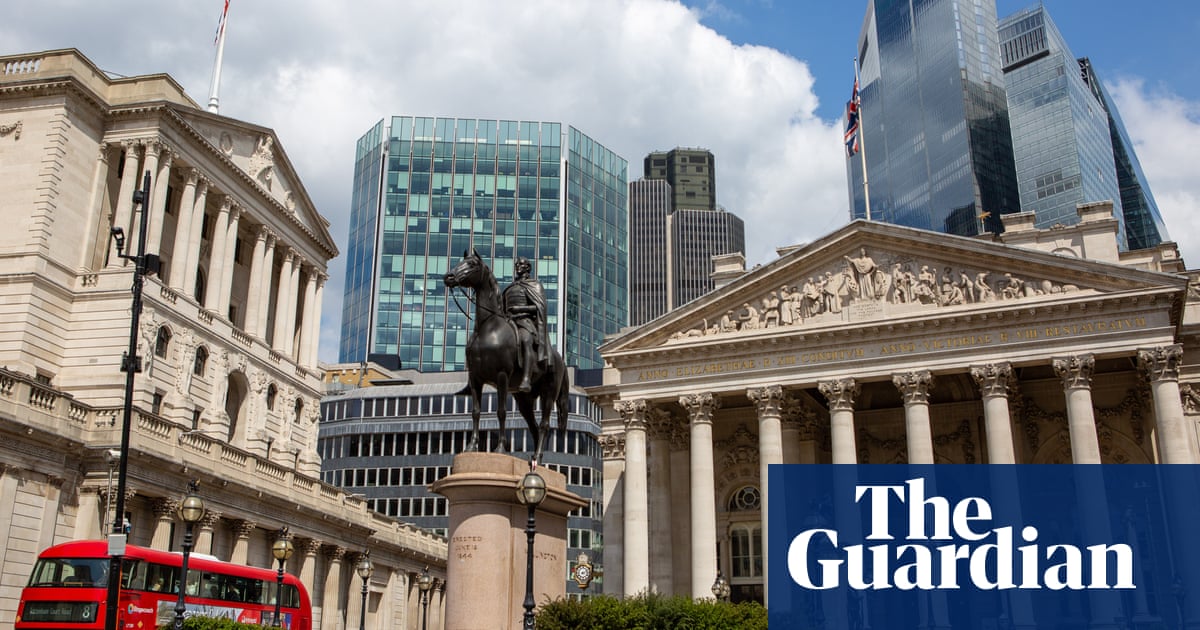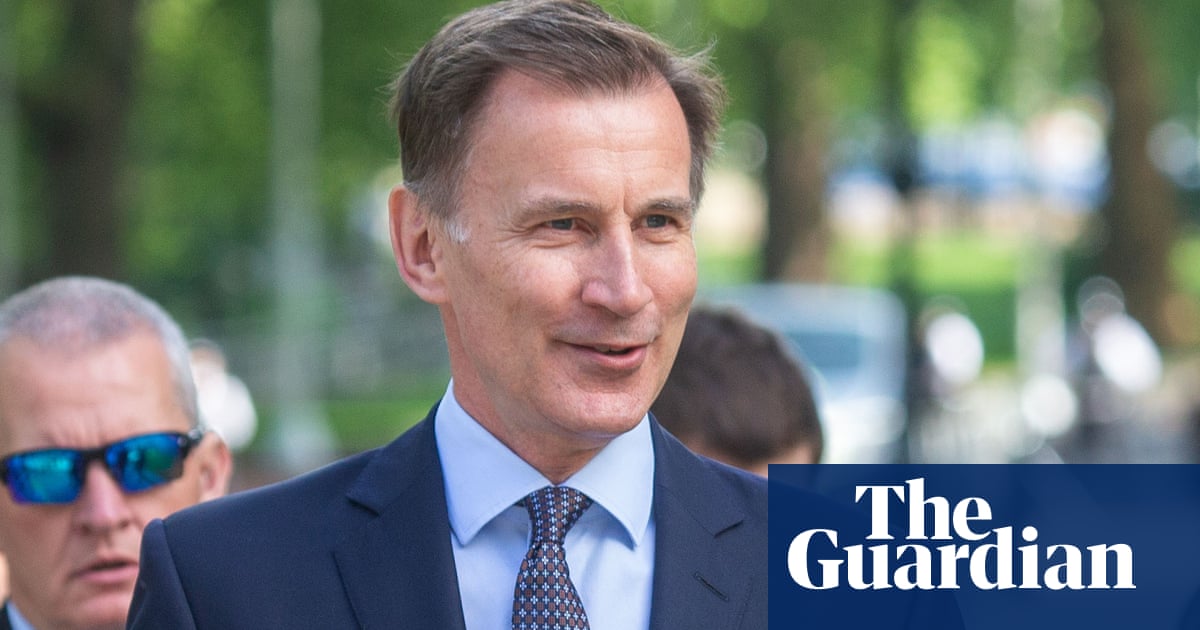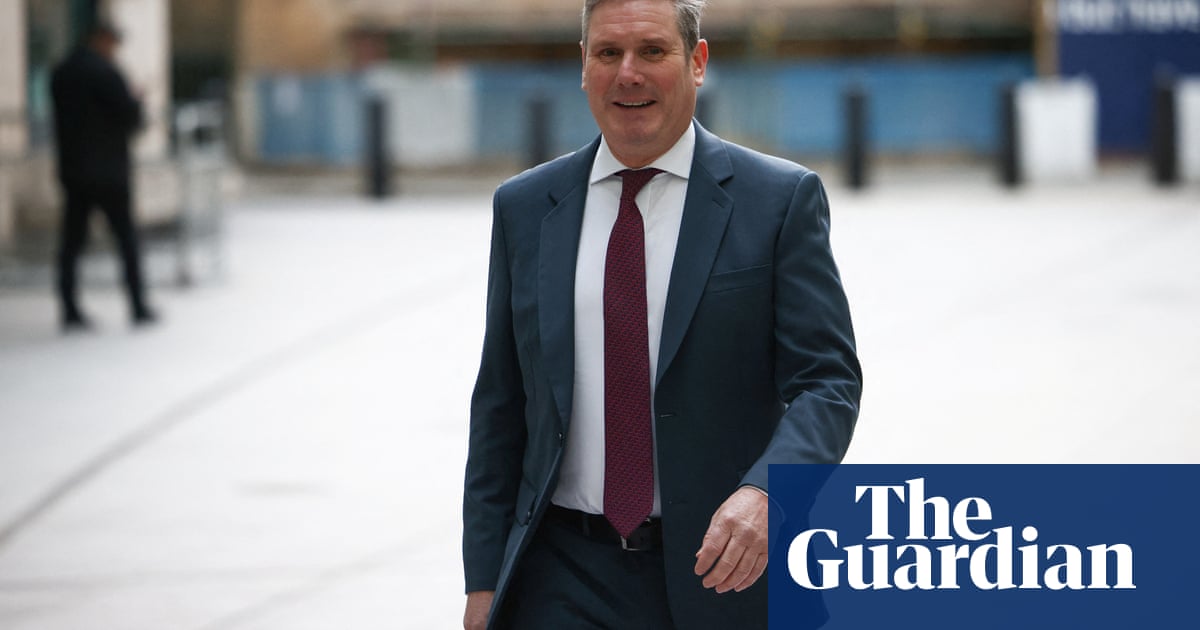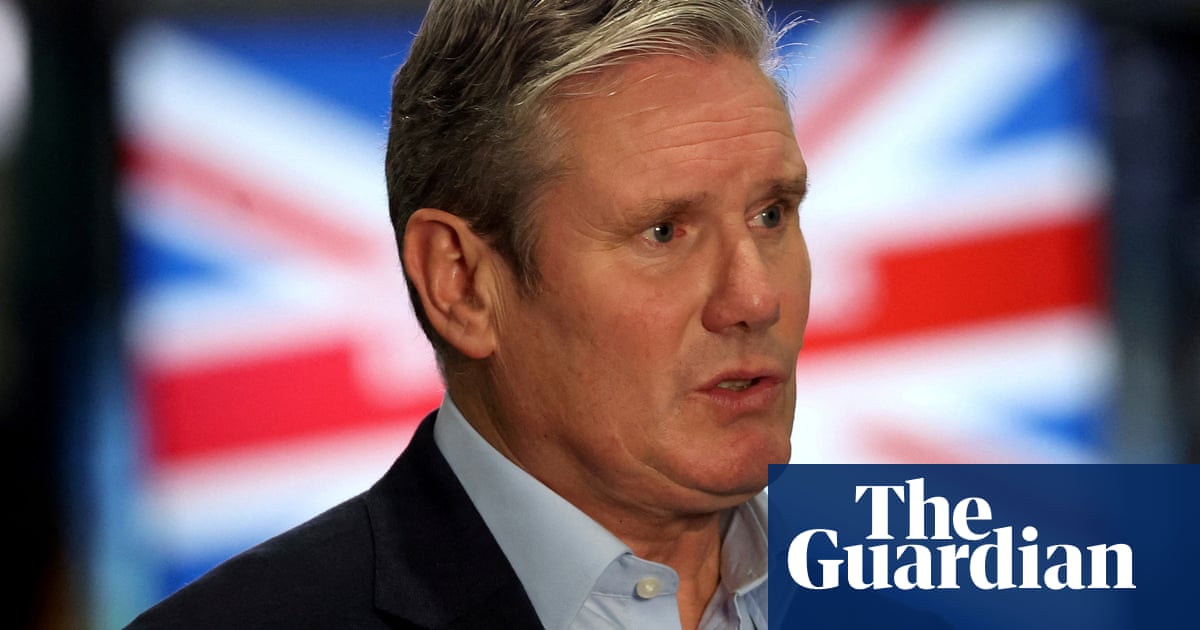
A Labour government would raise taxes or soften debt rules rather than cut spending in the event that stronger growth fails to rescue it from tough post-election choices, the head of a leading thinktank has said.
Paul Johnson, the director of the Institute for Fiscal Studies, said the pressures on spending – including from public sector pay – were so powerful that he couldn’t envisage a Labour chancellor making cuts to balance the books.
Asked at a press conference on the party manifestos what Labour would do in the event that growth is weaker than expected, Johnson said: “The pressure to change the fiscal rules or find more money from tax will be quite significant.”
The IFS director said doctors were pushing for higher pay, teachers had faced a 25-year pay squeeze and civil servants’ pay had been held down. “There are so many pressures on spending it is very hard for that to be the thing that gives.”
Labour has said it would stick to the current government’s spending plans and meet the rule that debt should be declining as a share of national income after five years. It has announced modest tax rises to fund for additional spending on items such as hiring new teachers and increasing the number of dental appointments.
The IFS said both the main parties were ducking the hard choices that they would face after the election, leaving voters operating in a knowledge vacuum.
Although he doubted whether Labour would cut spending, Johnson said that on the basis of the manifestos it was not known how the next government would respond to weaker than expected growth. “If taxes are to go up, we do not know which ones. We certainly don’t know how they would respond if things were to get worse.”
In a withering assessment, the IFS said neither manifesto recognised the pressure on the public finances caused by a “toxic mix” of low growth and the after-effects of the pandemic and the energy crisis.
Johnson said: “The choices in front of us are hard. High taxes, high debt, struggling public services, make them so. Pressures from health, defence, welfare, ageing will not make them easier. That is not a reason to hide the choices or to duck them. Quite the reverse. Yet hidden and ducked they have been.”
Johnson said huge decisions would need to be taken over the size and shape of the state, and these would probably require either higher taxes or worse public services, but you would not guess this from reading the manifestos.
“They have singularly failed even to acknowledge some of the most important issues and choices to have faced us for a very long time. As the population ages, these choices will become harder, not easier. We cannot wish them away,” he added.
Johnson said commitments to improve the NHS were essentially unfunded promises and that a “conspiracy of silence” meant neither main party had made any serious proposals to raise taxes.
“Despite a (damaging) rush to rule out increases in all sorts of tax rates, it will be a considerable surprise if no other taxes are increased over the next five years. After all, they are currently much higher than was implied by the 2019 Conservative party manifesto.”
Johnson said the manifestos told voters more about what they wouldn’t do than what they would. “Tax locks – pledges not to increase specific taxes or tax rates – aren’t new. But this time, the parties have really gone to town. We’ve seen something of a tax lock arms race,” he added.
“These tax locks are a mistake. They will constrain policy if a future government decides that it does in fact want to raise more money to fund public services. They also put serious constraints on tax reform – something which the Conservatives seem to have all but ruled out, and which is notable in the Labour manifesto by its absence.”












